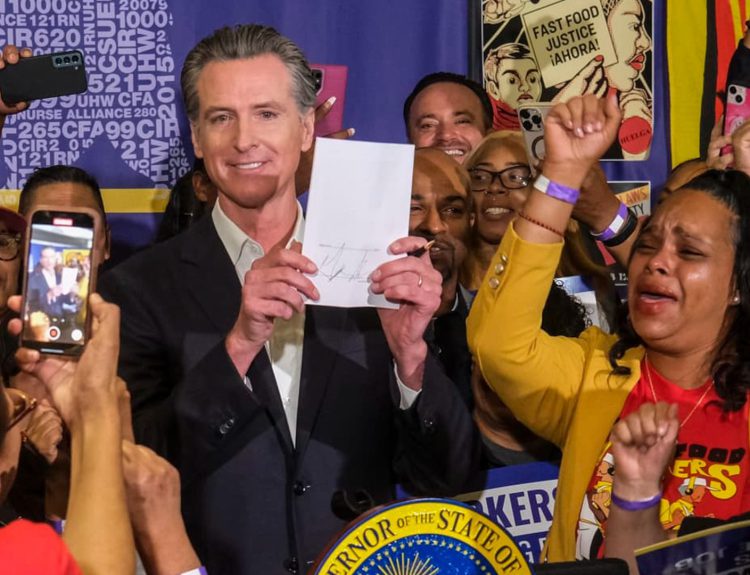In a surprising turn of events, three Senate Democrats and one Independent senator joined forces with their Republican colleagues to pass a resolution that would eliminate a Biden-era Transportation Department rule aimed at curbing greenhouse gas emissions on America’s highways. This unexpected alliance has sent shockwaves through the political landscape, leaving many wondering about the future of climate-related regulations.
A House Divided: Senate Passes Resolution 53-47
The US Senate passed Senate Res 61 with a vote of 53-47, showcasing a rare bipartisan effort to strike down a Biden administration rule. Democrat Senators Joe Manchin III, John Tester, and Sherrod Brown, along with Independent senator Krysten Sinema from Arizona, sided with Senate Republicans to push the resolution past the majority threshold.
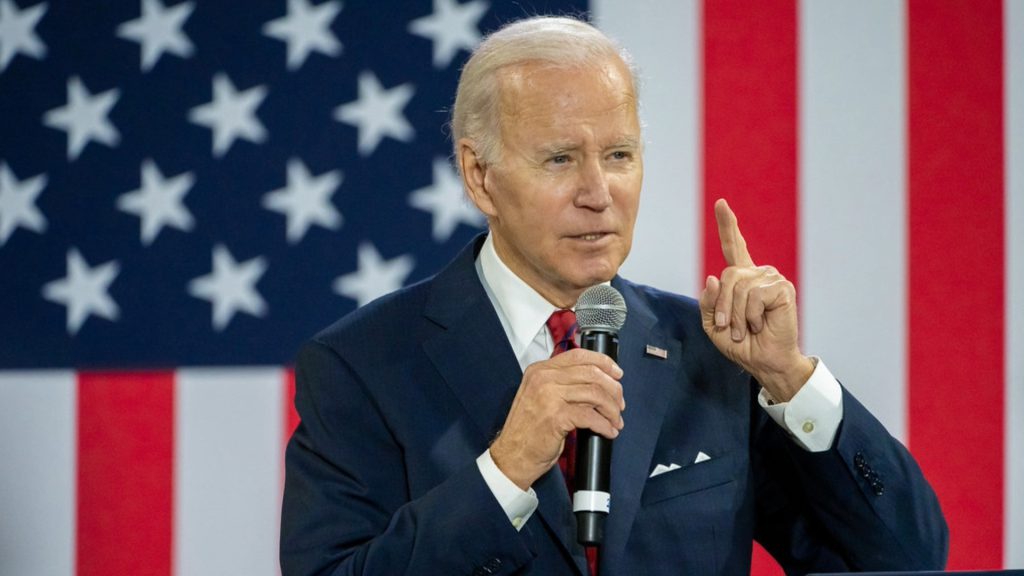
The unlikely alliance between these Democrats and Republicans has raised eyebrows across the nation, as it demonstrates a growing concern over the extent of executive power wielded by the Biden administration. This vote could set a precedent for future challenges to presidential authority.
Manchin and Sinema: Critics of Biden’s Rule
Senator Joe Manchin III, a Democrat from West Virginia, has been a vocal critic of the Biden-era rule, previously labeling it as “illegal.” Both Manchin and Senator Krysten Sinema, an Independent from Arizona, have announced their intentions to leave the Senate and not seek re-election.
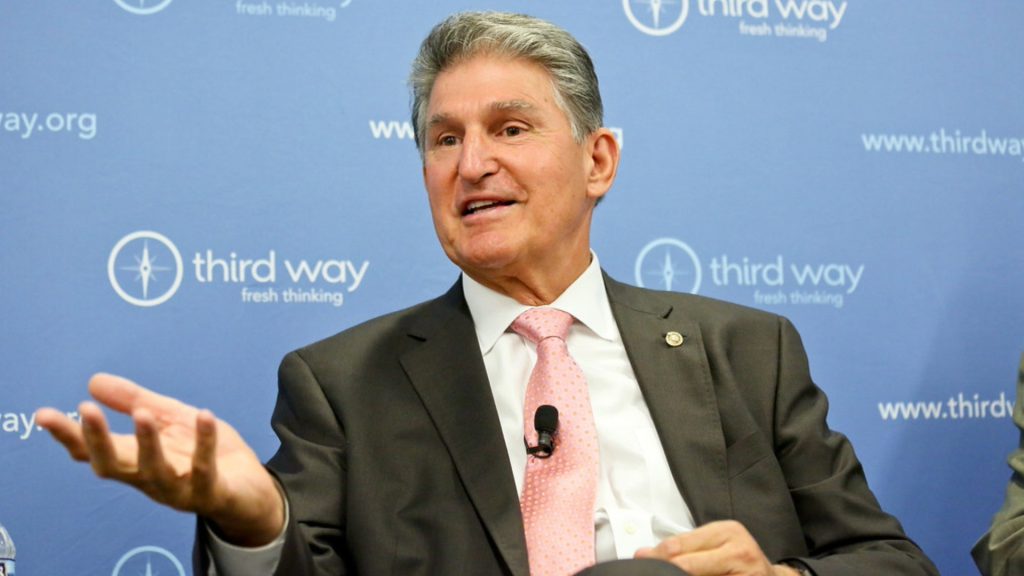
Their decision to vote against the Biden administration’s rule could be seen as a parting shot, leaving a lasting impact on the nation’s climate policies. The move has left many of their Democratic colleagues questioning the unity of the party.
Tester and Brown: Vulnerable Democrats Face Re-election
Democratic Senators John Tester and Sherrod Brown, who are facing re-election this year, are considered some of the most vulnerable Democrats in the Senate. Their vote in favor of the resolution has raised questions about their political strategy.
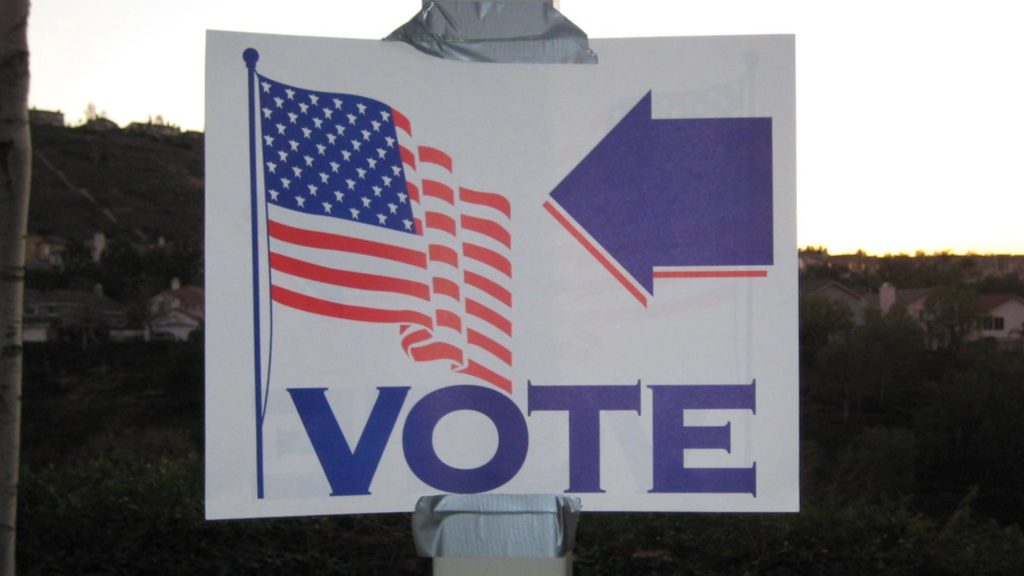
Some political analysts speculate that Tester and Brown’s decision to side with Republicans on this issue could be an attempt to appeal to more conservative voters in their respective states. However, this move may also alienate some of their progressive supporters.
The Controversial Regulation: FHWA Reg. 2125-AF99
At the center of this political storm is Federal Highway Administration Reg. 2125-AF99, a rule that required transportation planners in US states to calculate greenhouse gas emissions resulting from highway use and set targets to reduce these emissions.

While the rule gave states control over setting their targets and did not impose penalties for failing to meet them, Republicans argued that the Biden administration had overstepped its executive authority in creating this regulation.
Republicans Claim Victory Against Executive Overreach
Senator Shelley Moore Capito, a Republican, celebrated the Senate’s majority vote as a clear message to the Biden administration that they will be held accountable for perceived executive overreach. This sentiment was echoed by many of her Republican colleagues.
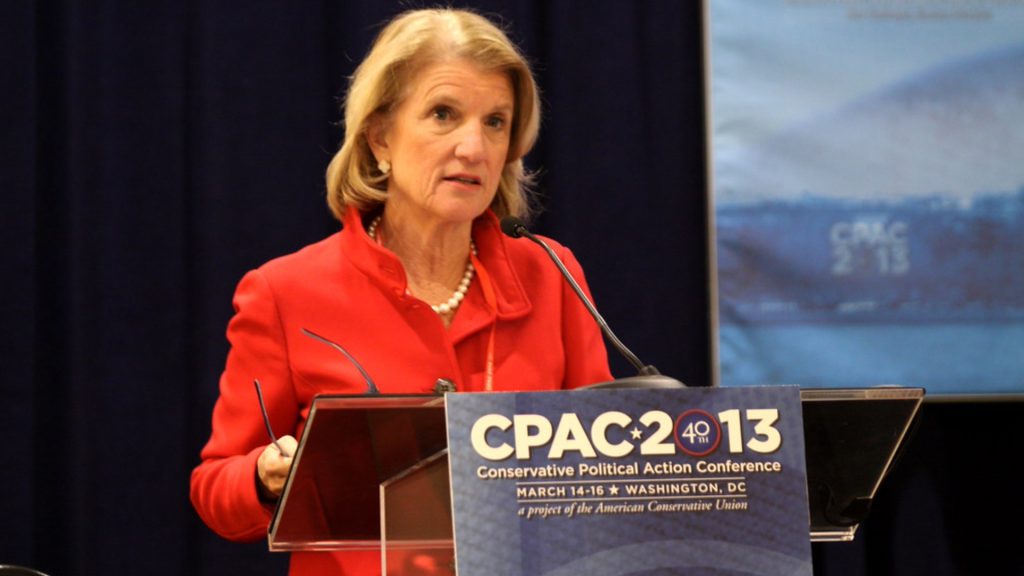
The passage of Senate Res 61 is seen as a significant victory for Republicans who have been critical of the Biden administration’s climate policies. This vote could embolden them to challenge other environmental regulations put forth by the executive branch.
Federal Judges Rule Against the Regulation
The controversy surrounding Federal Highway Administration Reg. 2125-AF99 has not been limited to the halls of Congress. In March, a federal judge in Texas ruled that the regulation exceeded the statutory authority of the FHWA.

Last week, a federal judge in Kentucky agreed with the Texas ruling, further solidifying the notion that the Biden administration had overreached in its attempt to curb greenhouse gas emissions through this rule.
FHWA Defends the Rule as “Essential”
The Federal Highway Administration has maintained that Reg. 2125-AF99 was “essential” to meet the Biden administration’s goal of achieving net-zero emissions in the American economy by 2050. However, the agency also noted that the rule did not require states to align with this goal.
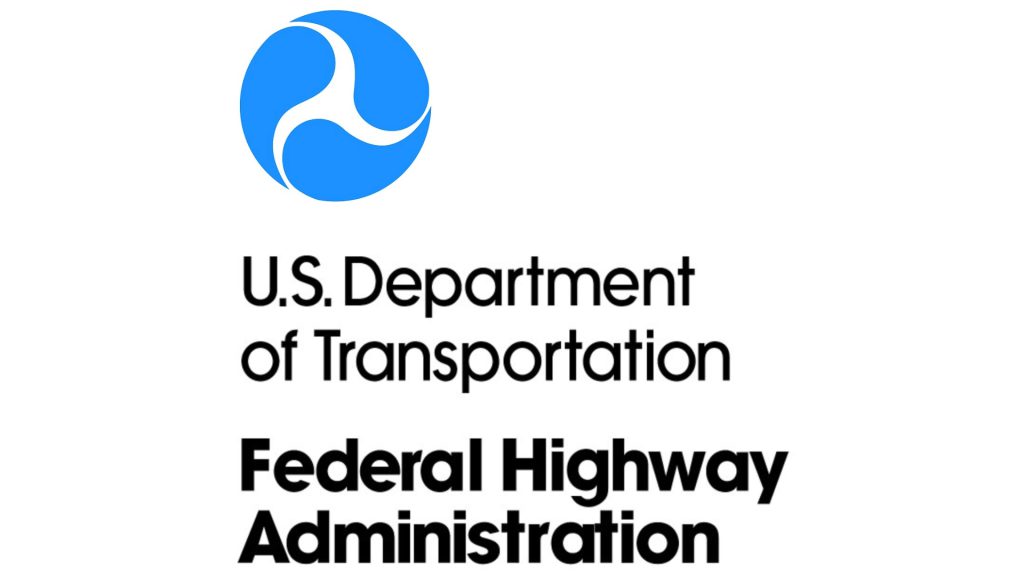
Supporters of the rule argue that it not only protects the climate but also promotes transparency by requiring states to disclose the emissions affecting their residents. The FHWA’s stance has been met with both praise and criticism from various stakeholders.
White House Vows to Veto the Resolution
In a statement released before the Senate vote, the White House defended Federal Highway Administration Reg. 2125-AF99, insisting that President Joe Biden would veto the resolution if it were to pass through Congress.
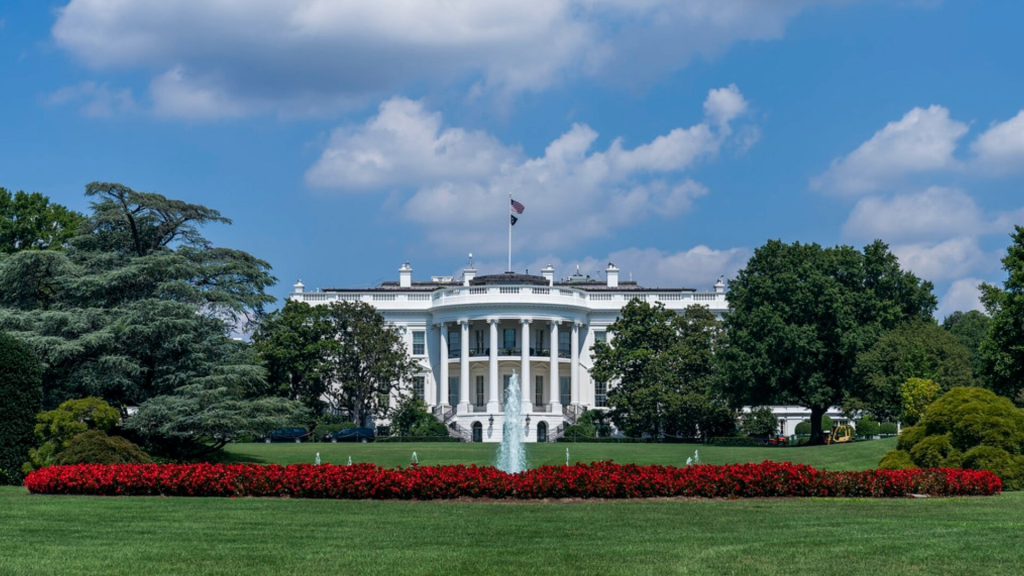
The White House described the rule as a “common-sense, good-government tool for transparently managing transportation-related GHG emissions and informing transportation investment decisions.” This strong stance sets the stage for a potential showdown between the executive and legislative branches.
Supporters Decry the Senate Vote
Beth Osborne, director of the left-leaning think tank Transportation for America, expressed her disappointment with the Senate vote on X, questioning what the 53 members of the Senate were “so afraid that the public might learn.”

Osborne’s statement highlights the concerns of many environmental advocates who believe that transparency and accountability are crucial in addressing the climate crisis. The Senate vote, in their view, represents a step backward in the fight against climate change.
The Road Ahead: House Vote and Potential Veto
With the resolution having passed the Senate, it now moves to the U.S. House of Representatives for a vote. Given the Republican majority in the House, it is expected to pass.
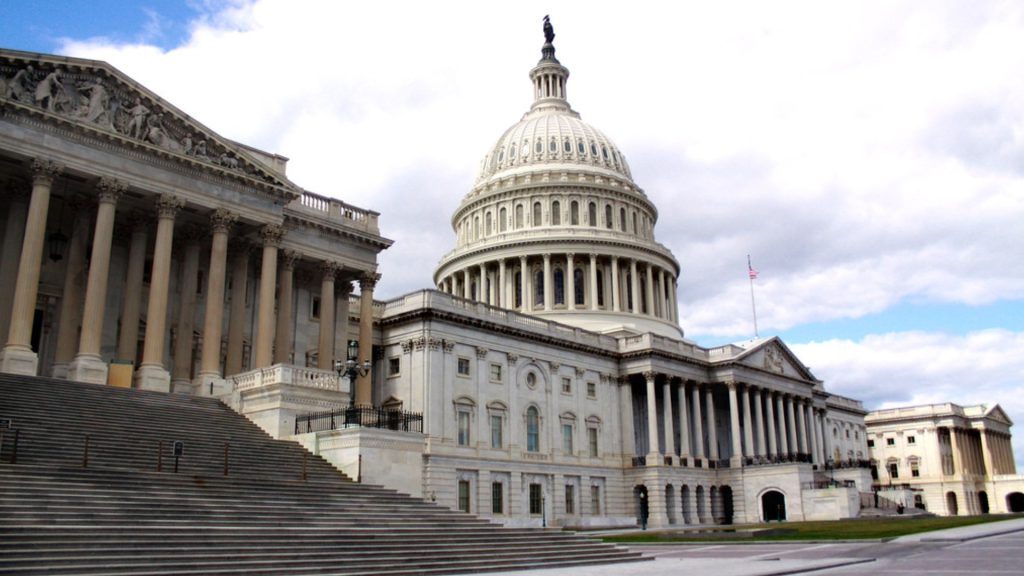
However, the White House has indicated that President Biden will veto the resolution if it reaches his desk. In that case, the resolution would return to the Senate, where Republicans would need to secure a two-thirds approval to override the veto – a tall order in the current political climate.
Climate Advocates Rally Against the Resolution
Environmental organizations and climate activists have mobilized in response to the Senate vote, urging the House of Representatives to reject the resolution and protect the Biden administration’s efforts to curb greenhouse gas emissions.
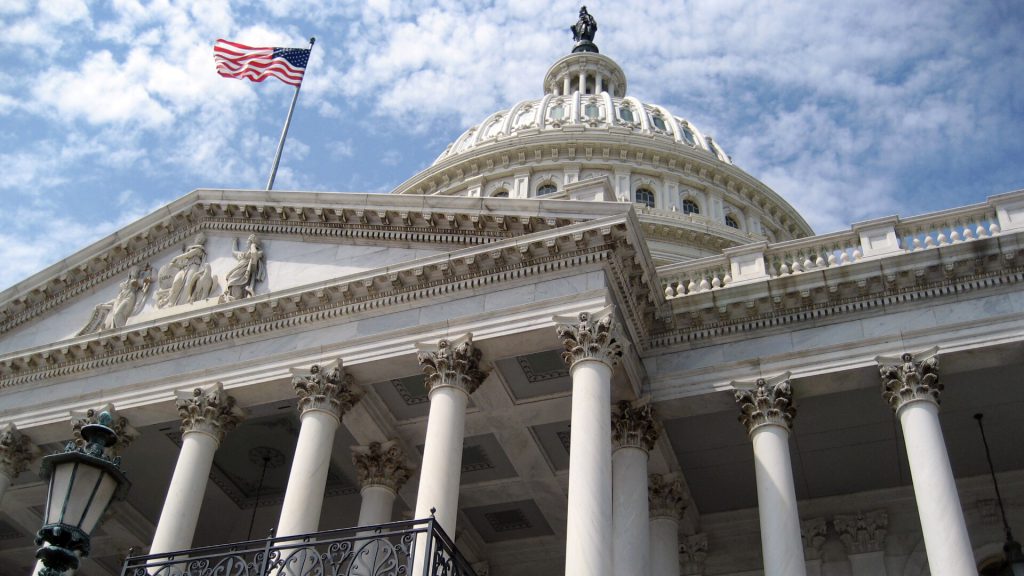
These groups argue that the resolution undermines the urgent need for action on climate change and puts the interests of the fossil fuel industry ahead of public health and the environment. They are calling on their supporters to pressure their representatives to vote against the measure.
A Nation Divided on Climate Action
The passage of Senate Res 61 has exposed deep divisions within the Democratic party and the nation as a whole when it comes to addressing climate change. As the resolution makes its way through the legislative process, it serves as a stark reminder of the challenges faced in implementing meaningful environmental policies.

The fate of Federal Highway Administration Reg. 2125-AF99 hangs in the balance, with far-reaching implications for the future of America’s climate policies. As the debate continues, the nation watches closely to see whether common ground can be found in the fight against climate change.





